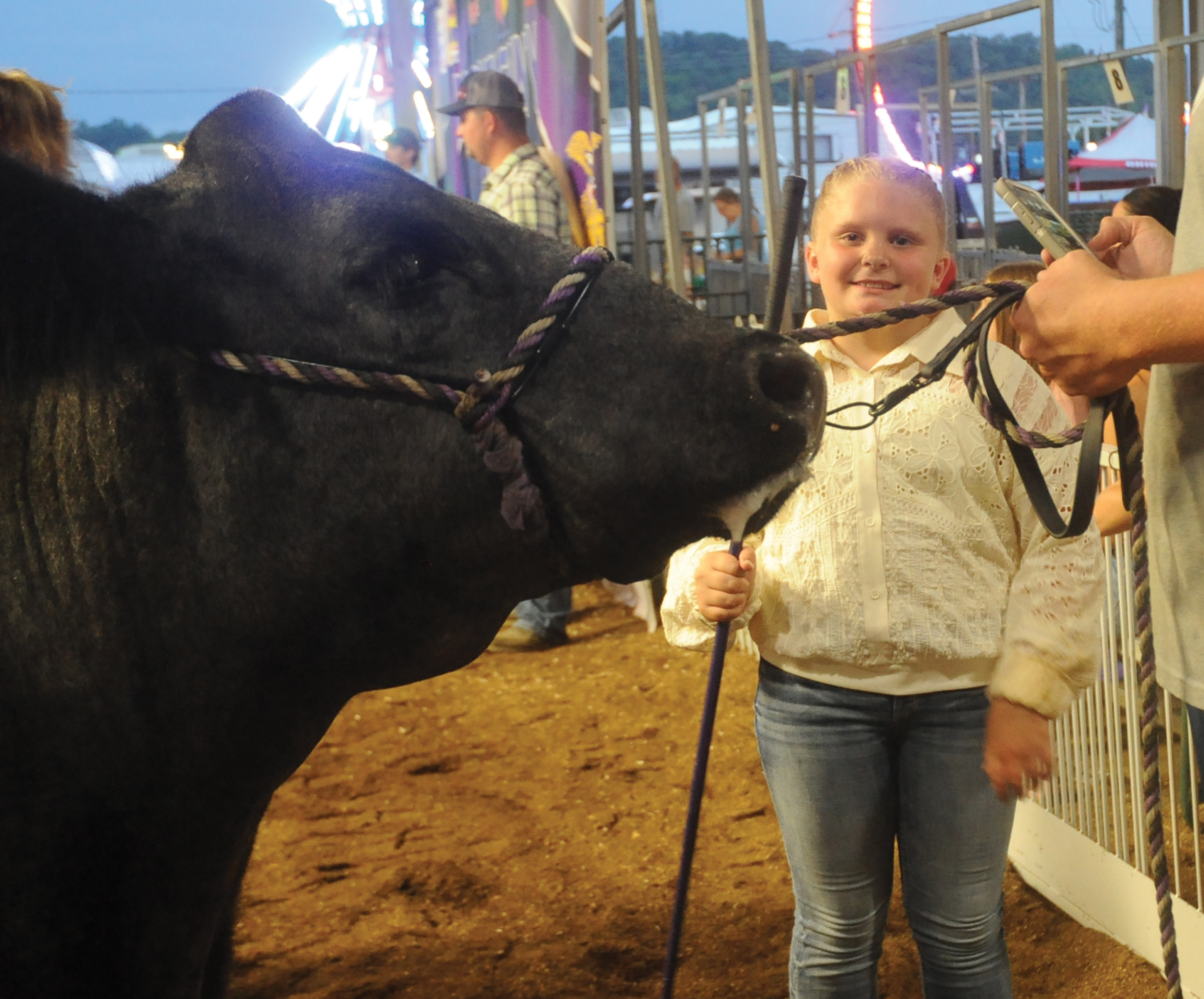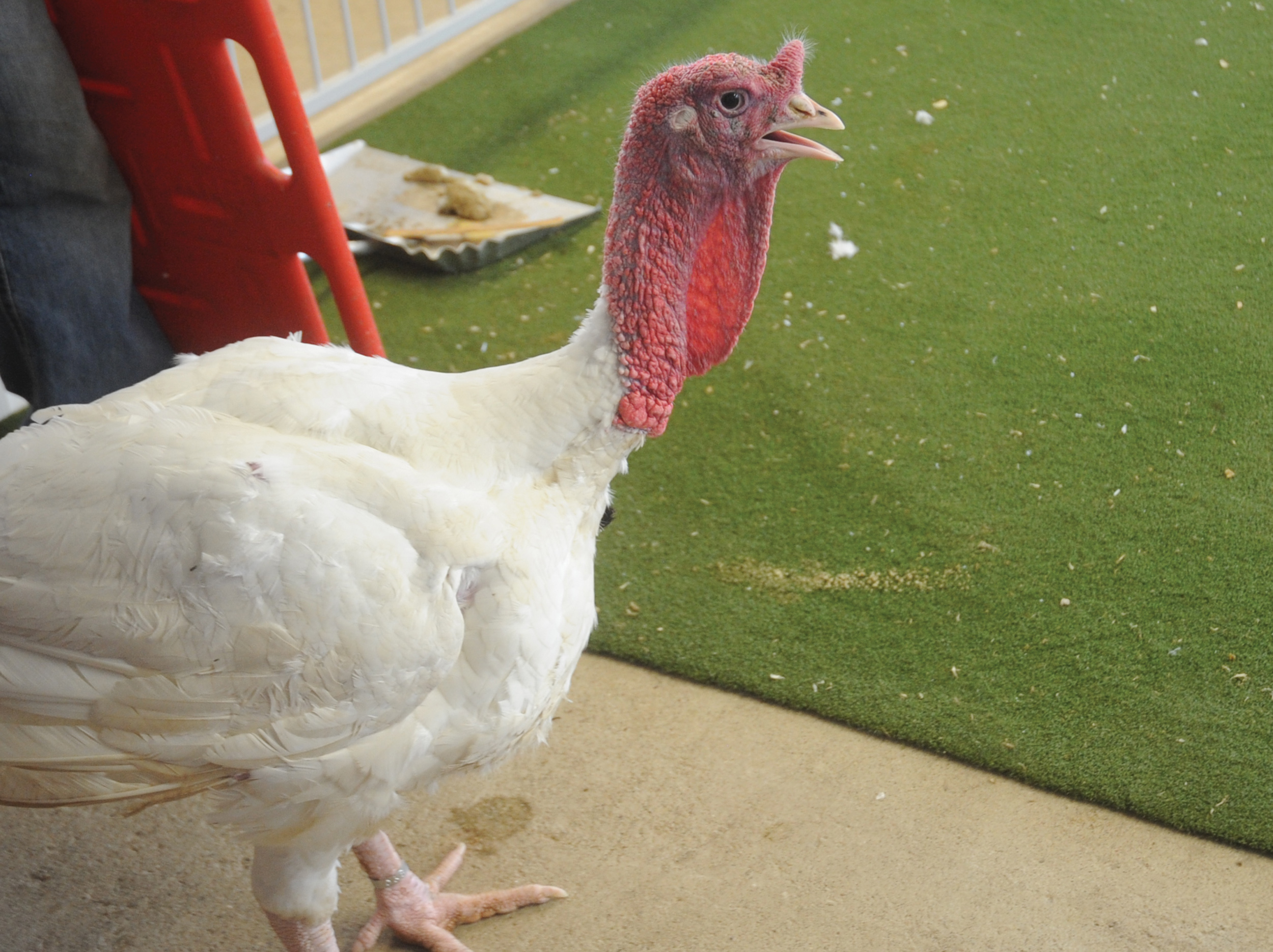As we grow old, at what age do we no longer matter?
Published 8:01 am Tuesday, June 19, 2018
With my list of errands to do, my list of groceries to buy and my pen out ready to check off the boxes, I pushed my cart through the store.
I didn’t expect or want any interruptions that day — I was just too busy.
Then I saw her.
Trending
Try as I might, my heart wouldn’t let me just walk away. Something about her reminded me of my mother.
This small woman riding an electric grocery cart was quite elderly as evidenced by her crepey skin hanging loose from her arms and the dark age spots that lined her thin-skinned hands and face.
From my end of the aisle I could tell she was having difficulty reaching a box of cornmeal on the top shelf. She put her hand back to steady herself as she gingerly attempted to stand.
I was in a hurry, but I couldn’t help myself. My list dropped to the bottom of my cart. I asked, “Can I help you get that?” With the sweetest voice tinged with embarrassment, she thanked me and made a slight joke about her unsteadiness.
What proceeded was a most enjoyable conversation. She pointed out why the brand of cornmeal she was buying made the best corn bread. She gave me, from memory, her family recipe and tips on how to make sure it turned out just right.
As we talked, I learned her name was ‘Miss Effie.’ She had raised six children through hard times, lost a brother in World War II and a son in Vietnam. She misses not being able to put out a garden and the goodness of her own canned vegetables.
Trending
She lives alone now in a low income, high rise apartment. She loves to read but gets tired of watching TV.
By the end of our visit, I had forgotten the race to complete my tasks. I walked away feeling energized as my heart focused on the treasure of a woman I had just encountered. All I had given Miss Effie was a box of cornmeal from the top shelf.
But she had given me connection to her spirit. She had reminded me that all people have a story and every story is rich.
Through my mother, Emma Jean Swango, I get a glimpse of how very painful growing older is. She says the physical pains and deterioration of her body are discouraging but cannot compare to the isolation and feeling that her time of living is behind her.
Whereas for decades she had been vital in the lives of her children, grandchildren, friends and students, now it seems her time of waiting for life to end is all she has.
My mother has always been fiercely independent, raising eight children on her own with no financial resources. Yet wanting the best for her children forced her to be extremely resourceful, determined and hard working.
And because of her vast experience, many people outside our family would seek her out for advice. But because of her age (85), much of her value seems to be forgotten — not by her, but by the rest of society.
Miss Effie and my mom cause me to wonder at what age I will be left just to wait for death.
When will people younger than me no longer value my contribution? When will I cease to matter?
By ignoring our senior citizens—those who have learned invaluable lessons born from enduring and overcoming life struggles– what is our society losing?
How can we instill in ourselves and the younger generation the reverence for the lives that have walked this journey 60+ years?
These are uncomfortable questions, but perhaps through seeing our elderly—truly seeing them—we will learn to listen, hear, and value them until the day we are the ones left to wait for death.
Nora Swango Stanger, a Lawrence County native and Appalachian outreach coordinator for Sinclair Community College, can be reached at norastanger@gmail.com.





